Search 77 results
- Remove filter: Conflict & Warfare
Filter by
Events
Series
- Students will analyze recent trends in global conflicts, especially in the post-WWII years.
- Students will consider major historical and modern day examples of conflict and identify patterns and underlying themes.
- Students will be able to identify the major forms of conflict as well as underlying patterns that contribute.
- Students will create an infographic that analyzes the impact of conflict on civilians and proposes different ways to address those impacts.

In Nonstate Warfare: The Military Methods of Guerillas, Warlords, and Militias, CFR Adjunct Senior Fellow Stephen Biddle explains how nonstate military strategies overturn traditional perspectives on warfare.

In this book, CFR Senior Fellow Max Boot offers a sweeping, epic history that ranges from the defeat of the Spanish Armada to the war on terrorism. War Made New is a provocative new vision of the rise of the modern world through the lens of warfare. Teaching notes by the author.
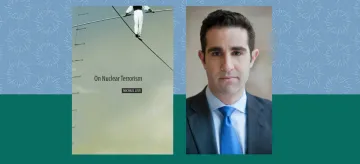
In this book, CFR Senior Fellow Michael A. Levi examines one of the greatest national security threats of our time—terrorist groups armed with nuclear weapons—and argues that only a broad-based and multi-layered defense can be effective in confronting it. Teaching notes by the author.
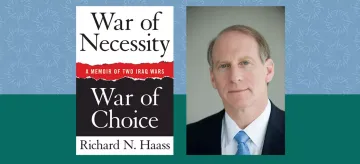
In this book, CFR President Richard N. Haass contrasts the decisions that shaped the conduct of two wars between the United States and Iraq, and writes an authoritative, personal account of how U.S. foreign policy is made. Teaching notes by the author.
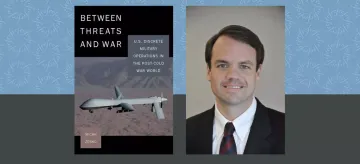
In this book, CFR Fellow Micah Zenko examines thirty-six discrete military operations carried out by the United States and evaluates U.S. policy choices, recommending ways in which limited military force may be applied in the future. Teaching notes by the author.
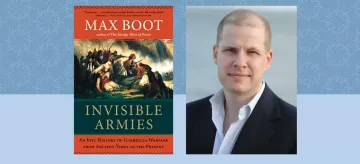
In this book, CFR Senior Fellow Max Boot offers a comprehensive history of guerrilla warfare and terrorism, and relates lessons of the past to current national security policy considerations. Teaching notes by the author.
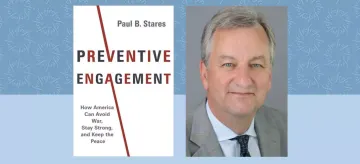
As the principal guarantor of international peace and security in an increasingly turbulent world, the United States is at risk of being drawn into potentially costly conflicts that, over time, diminish its power. In Preventive Engagement, Paul Stares offers a new comprehensive strategy for lowering this risk by reducing the demand for U.S. power overseas in the long, medium, and short term.
Students will consider major historical and modern day examples of conflict and identify patterns and underlying themes.